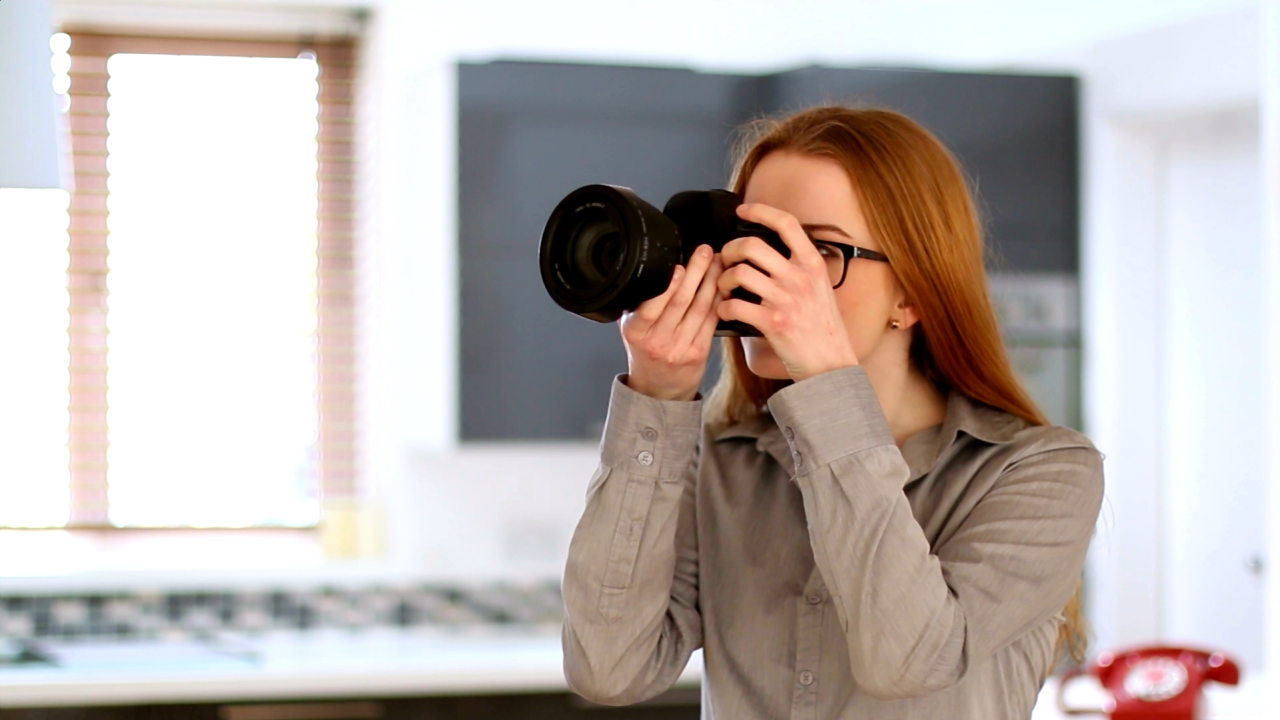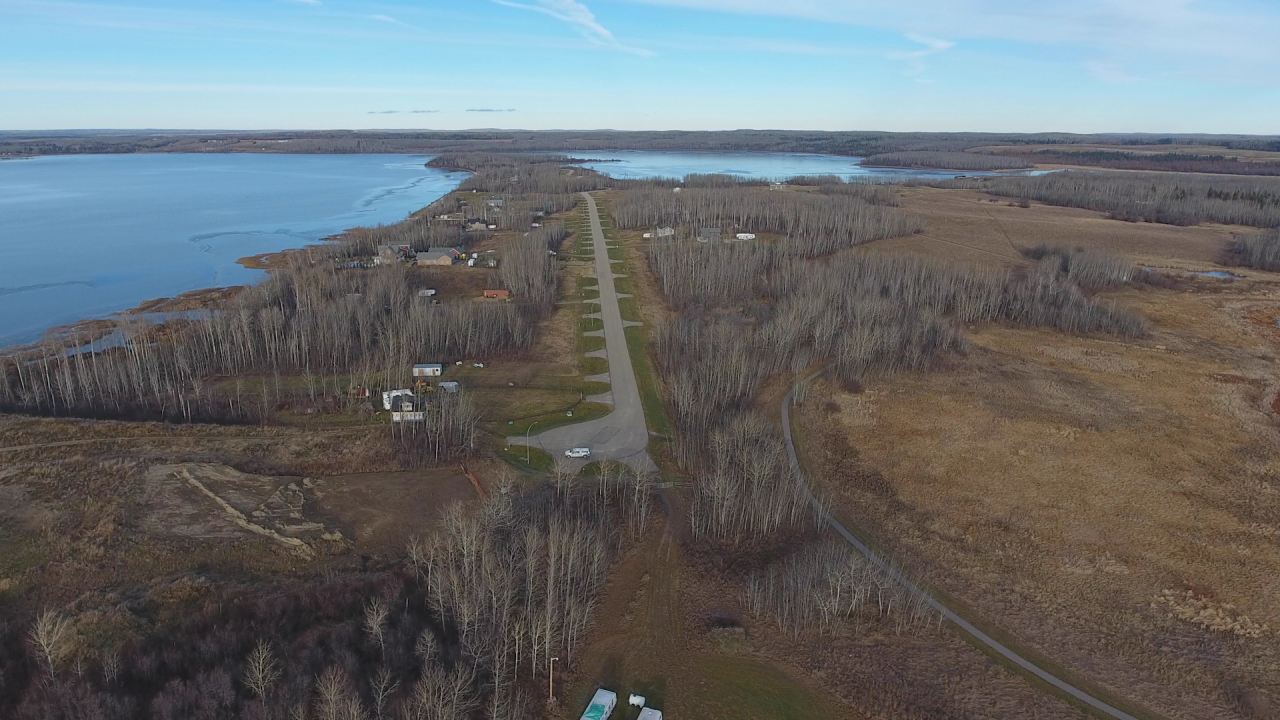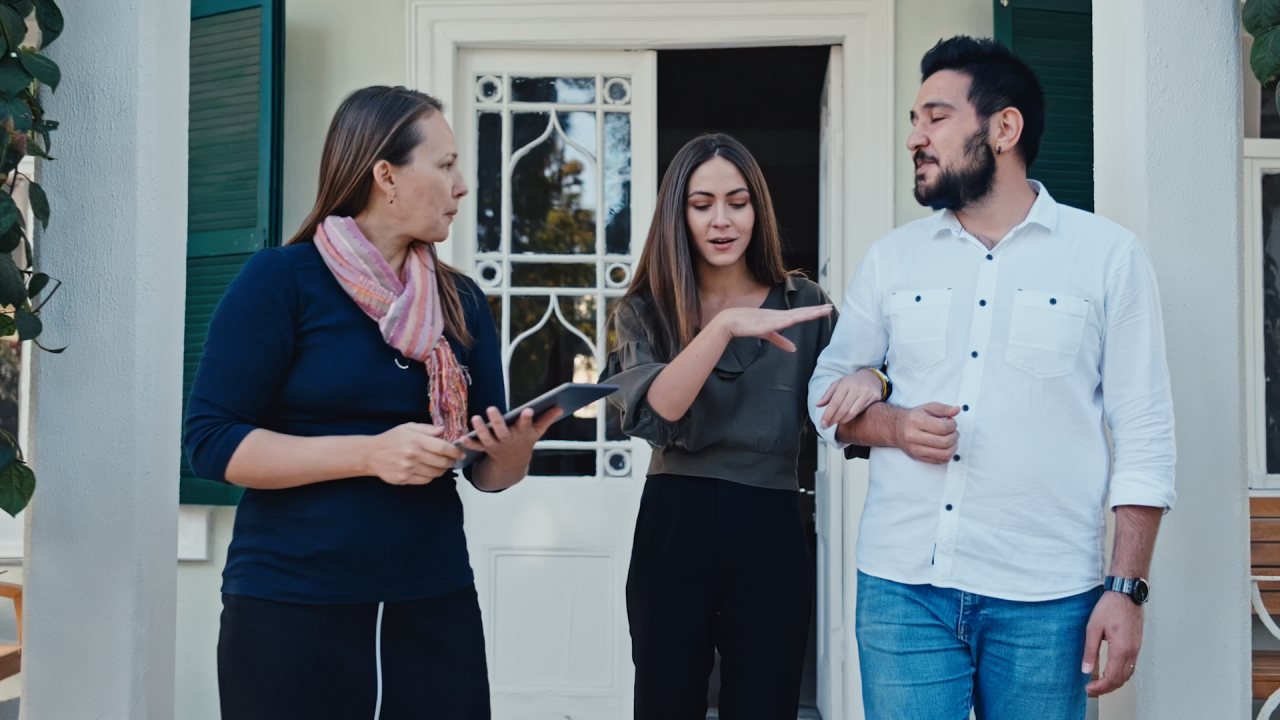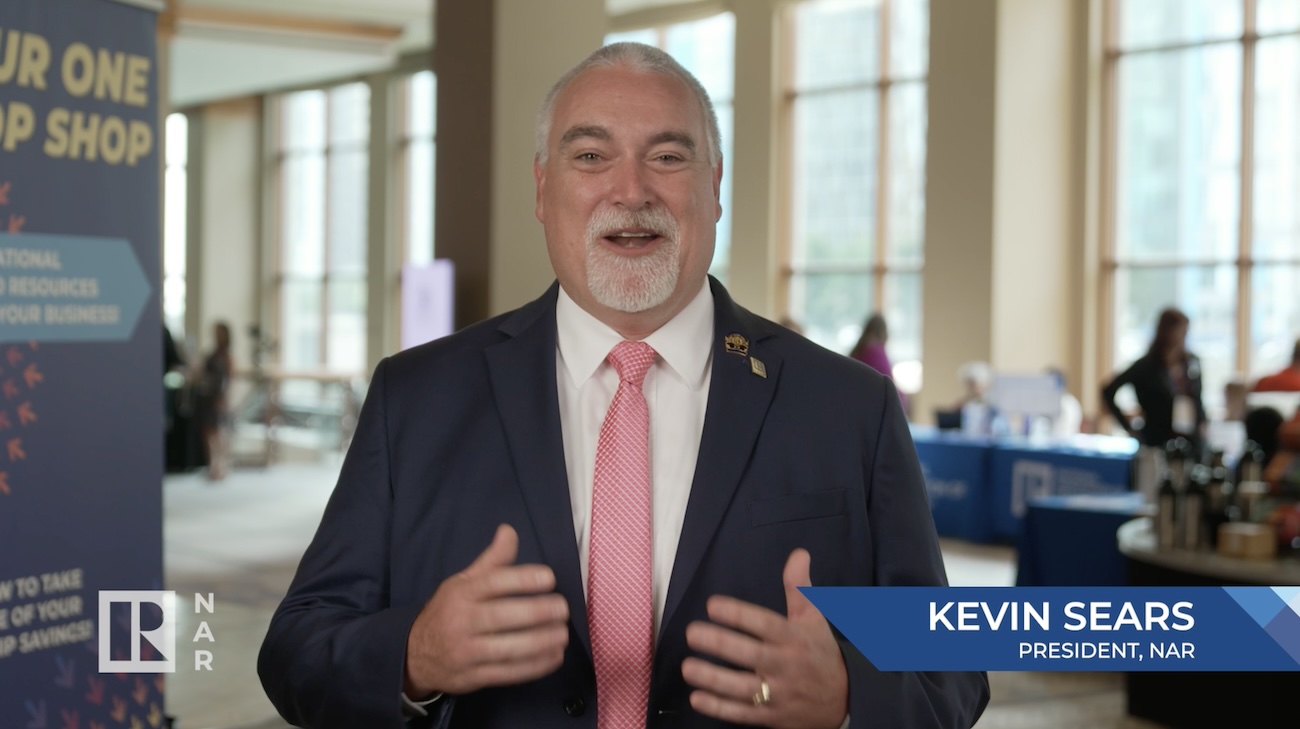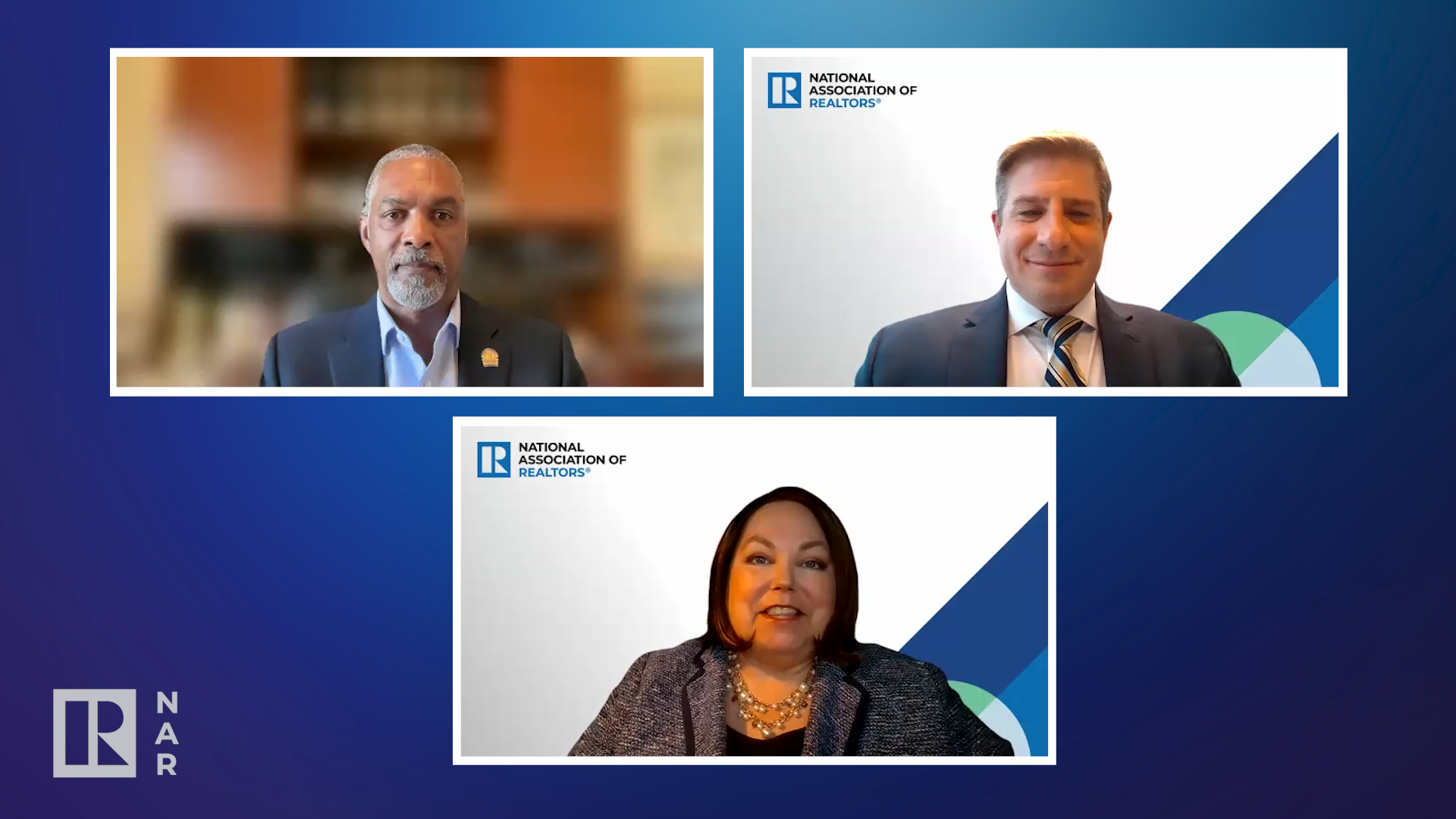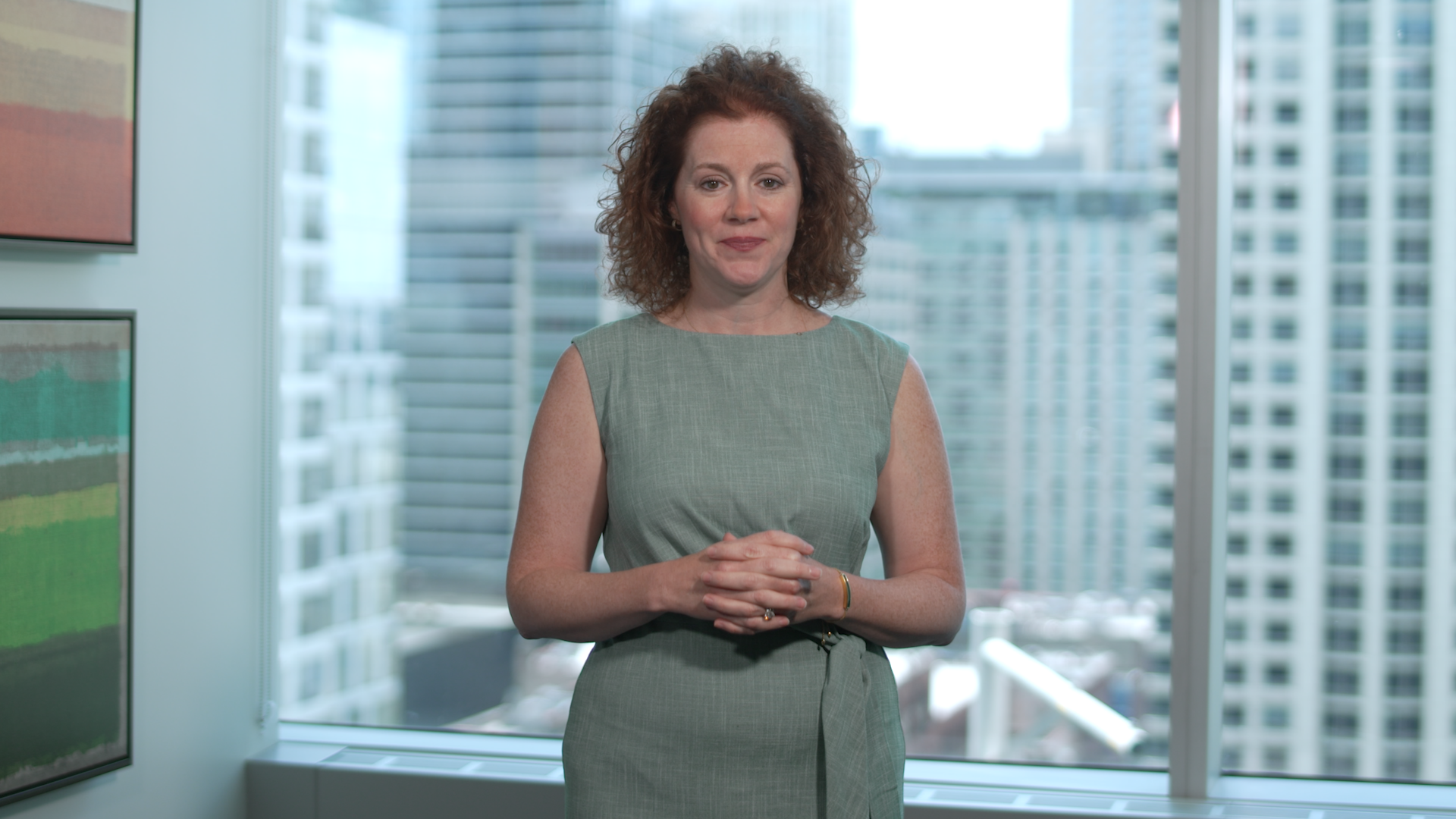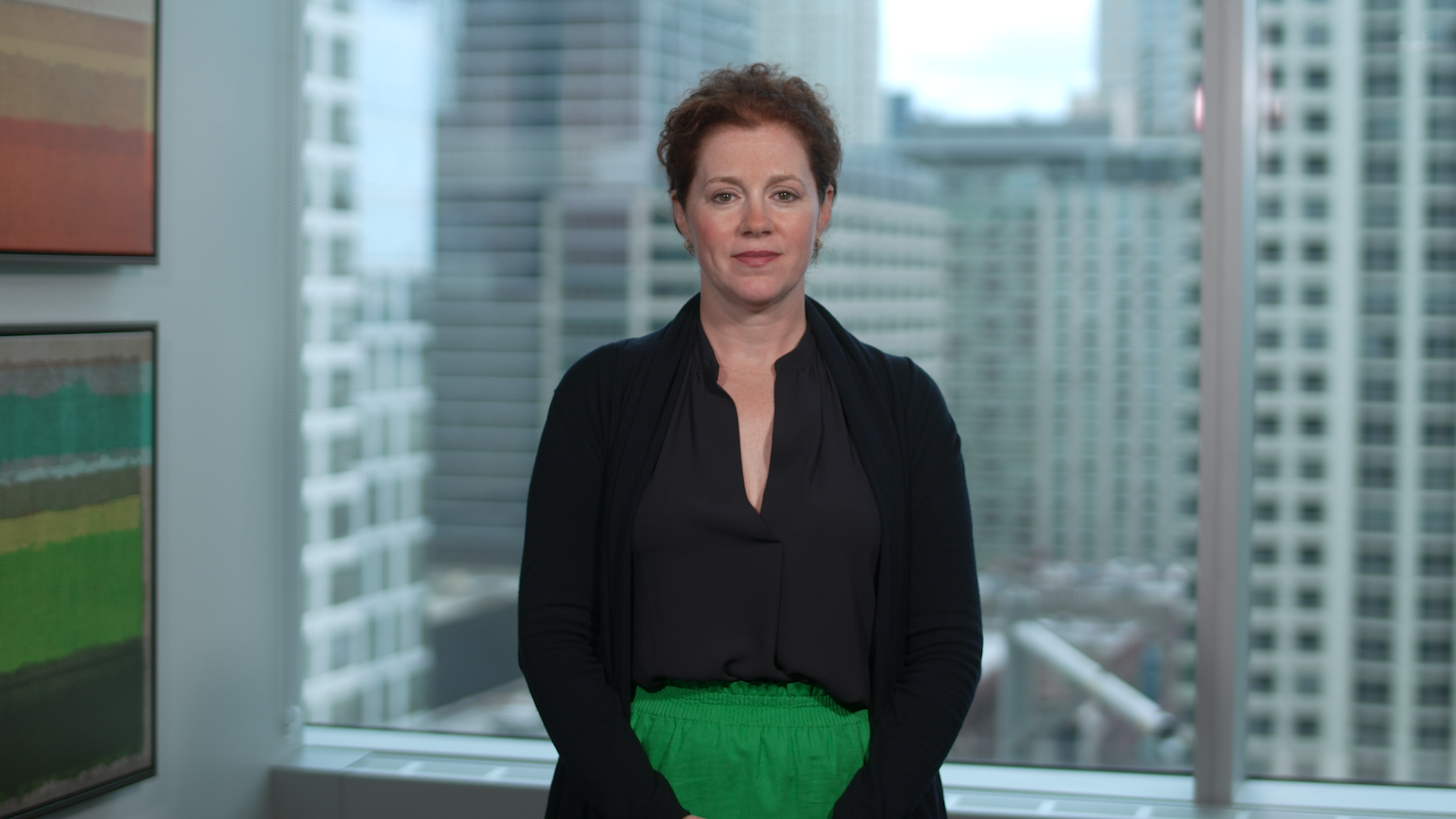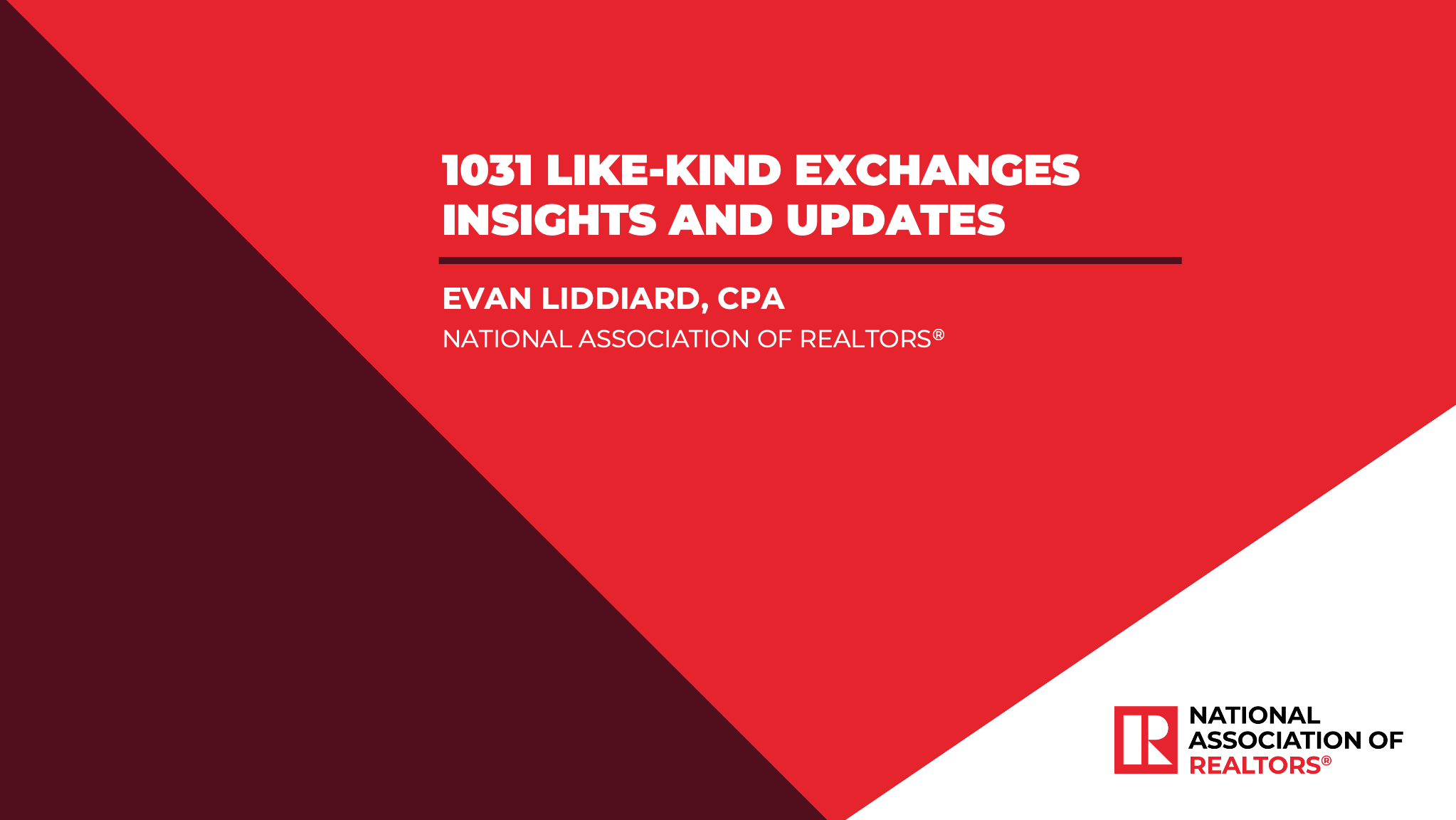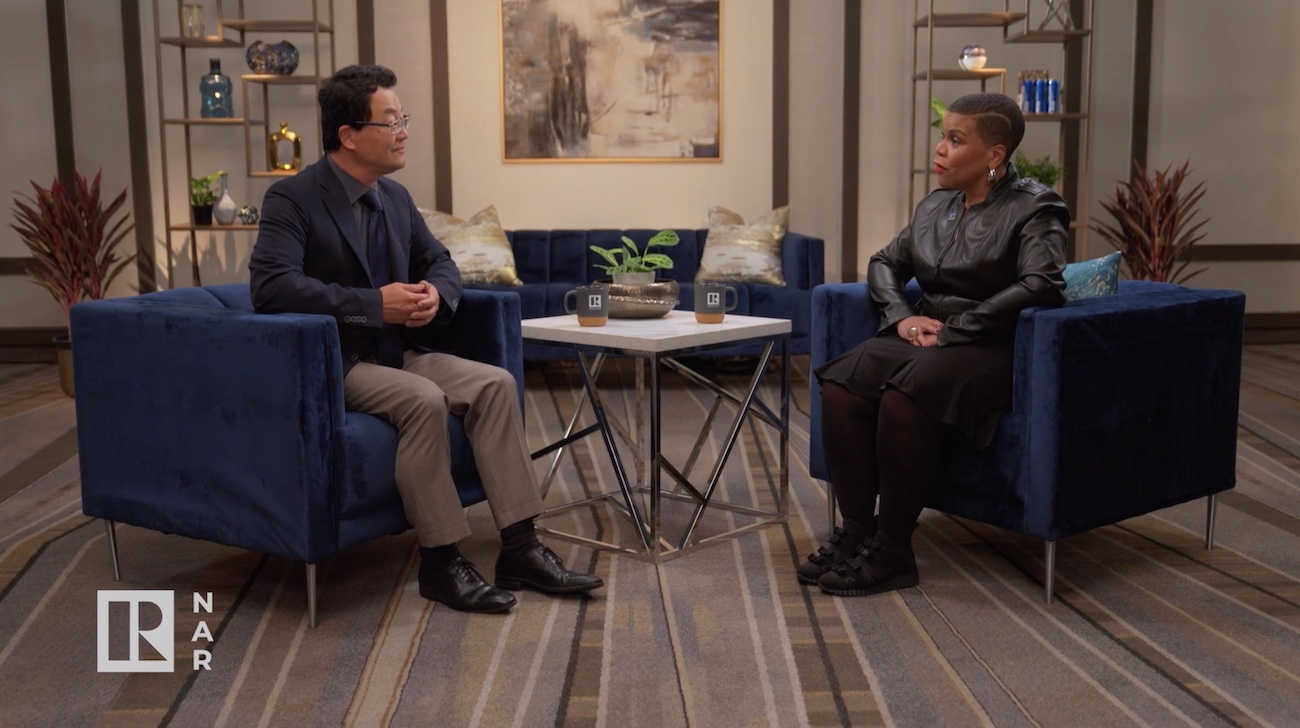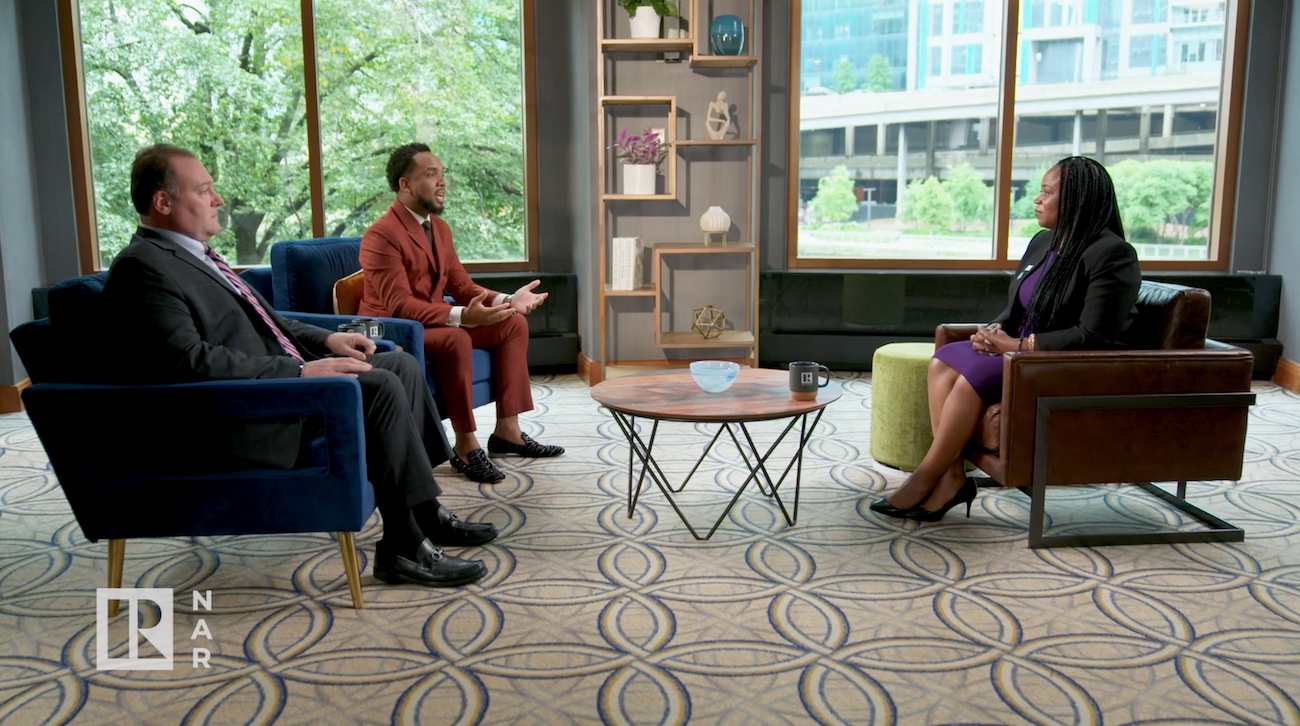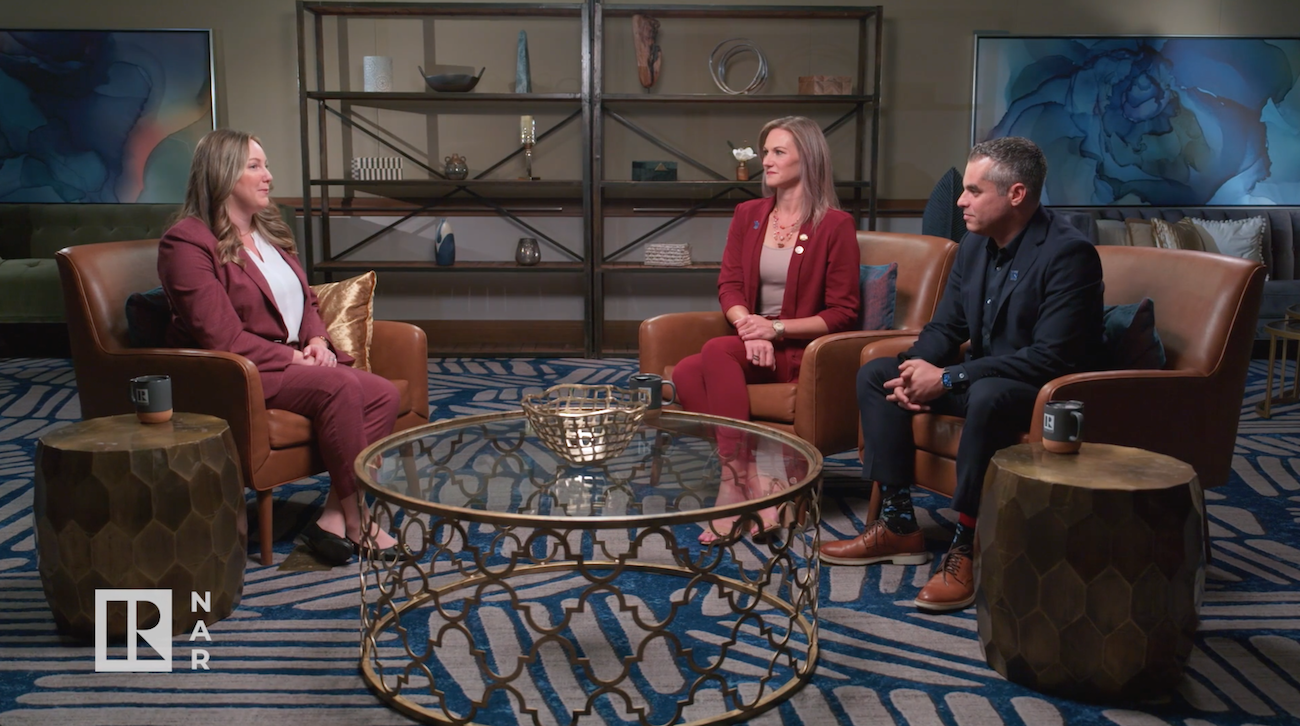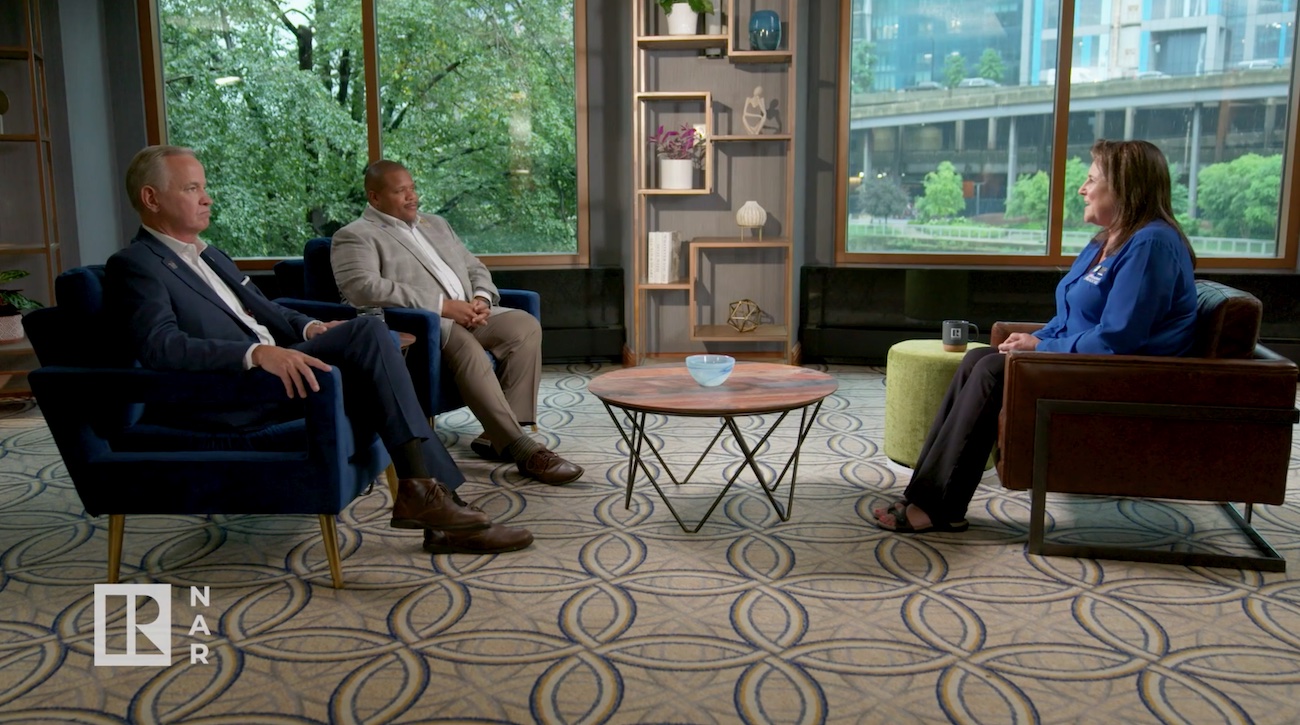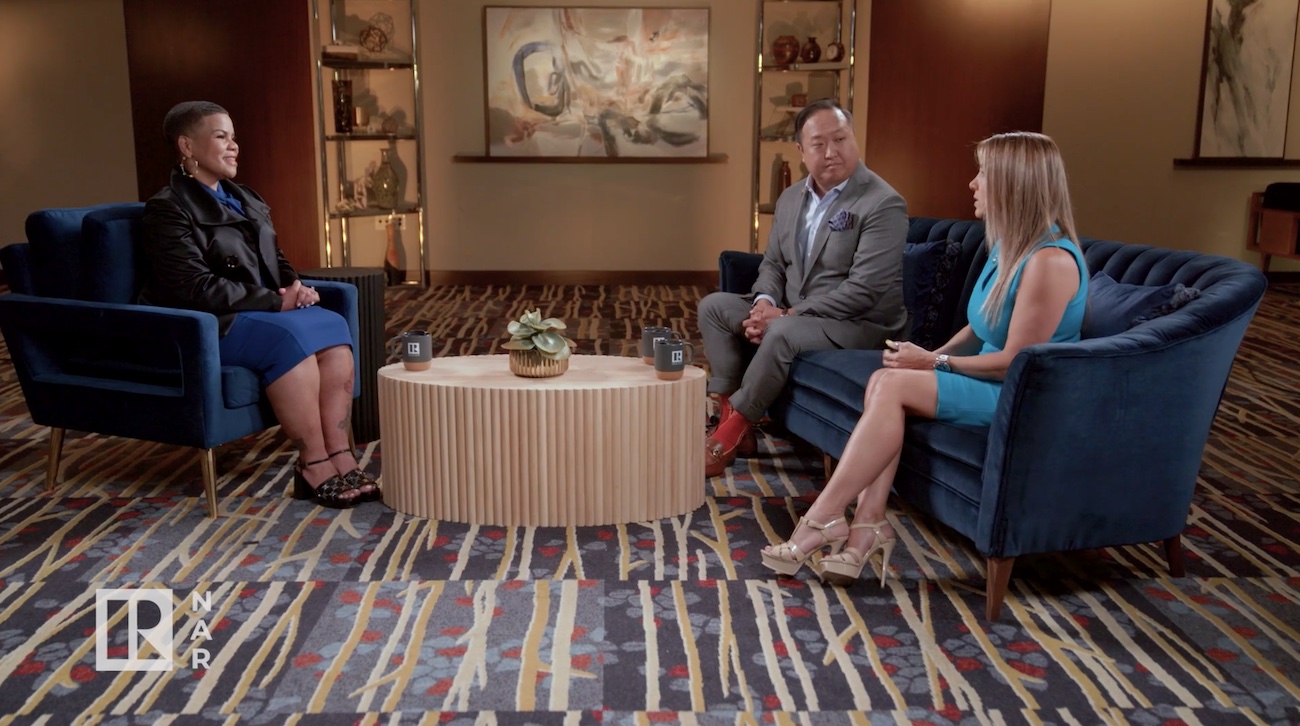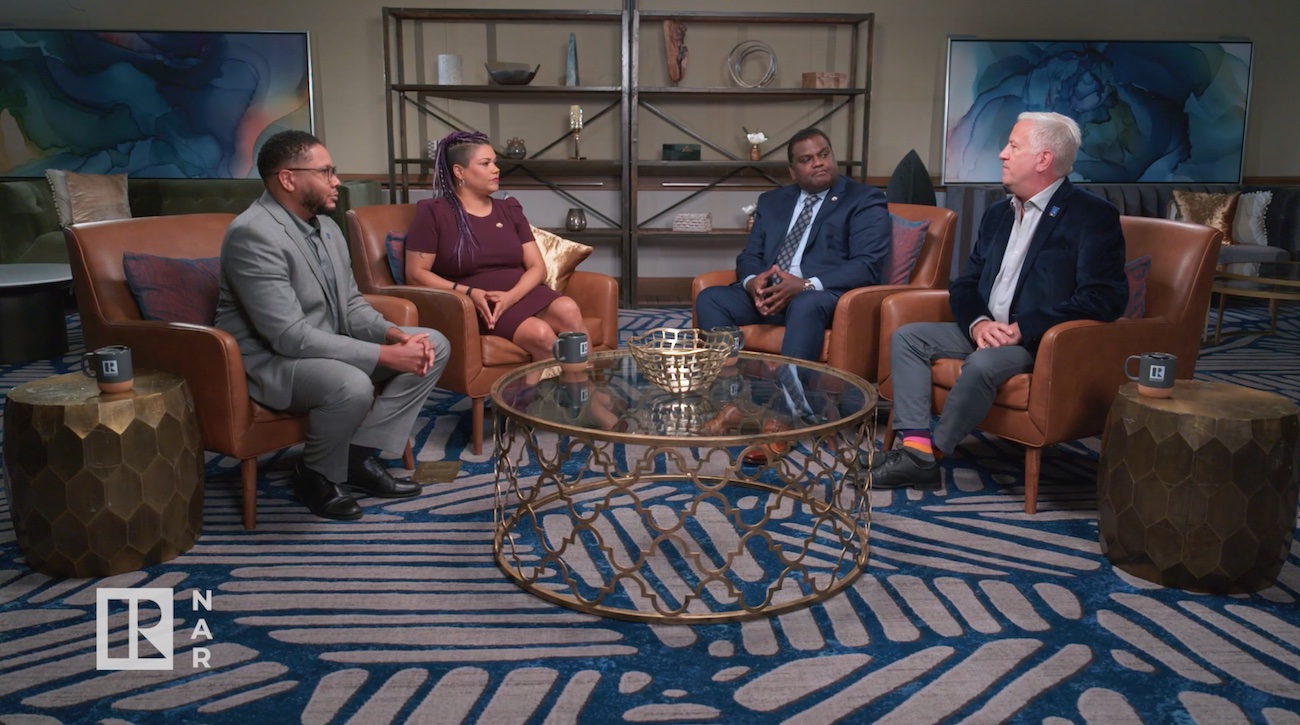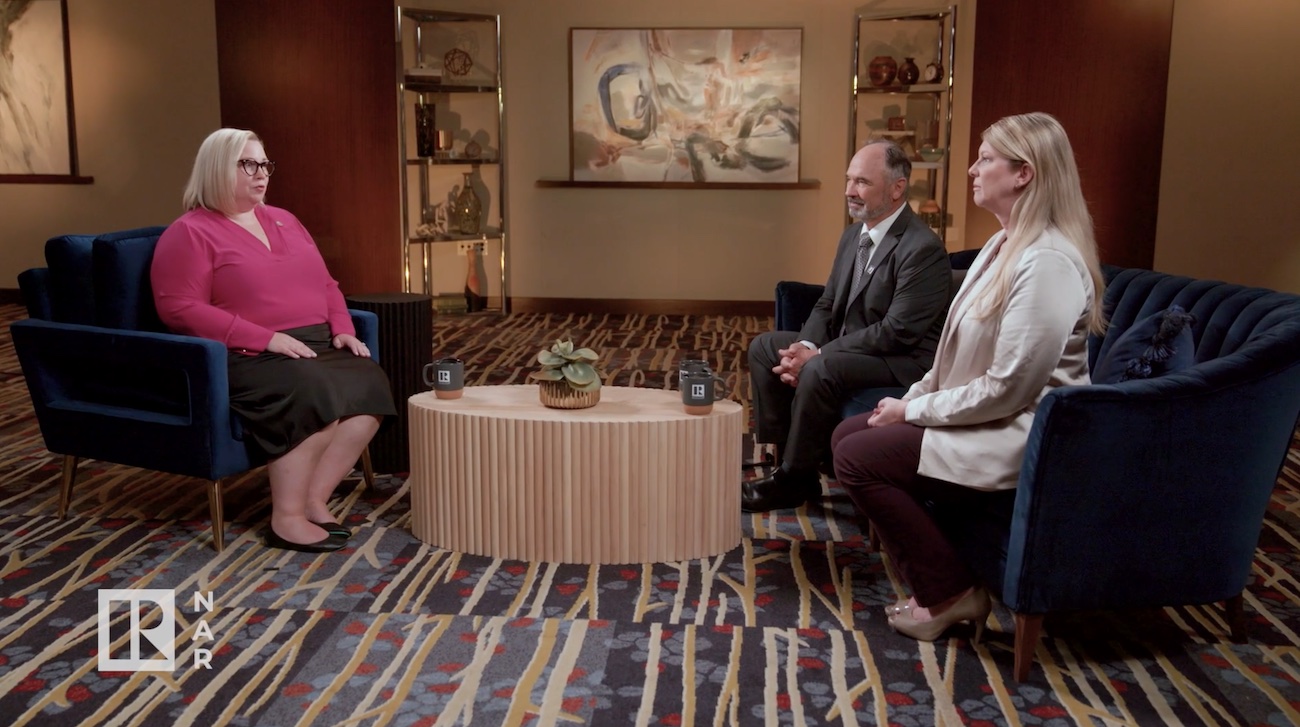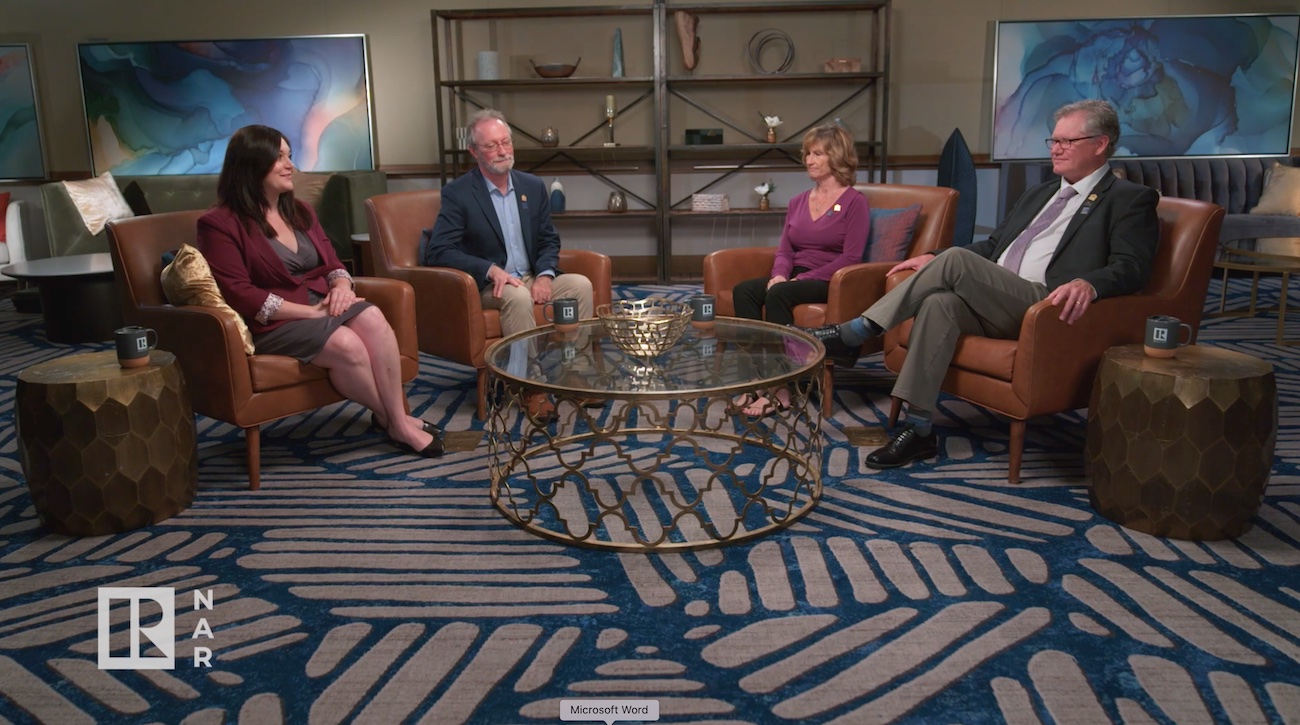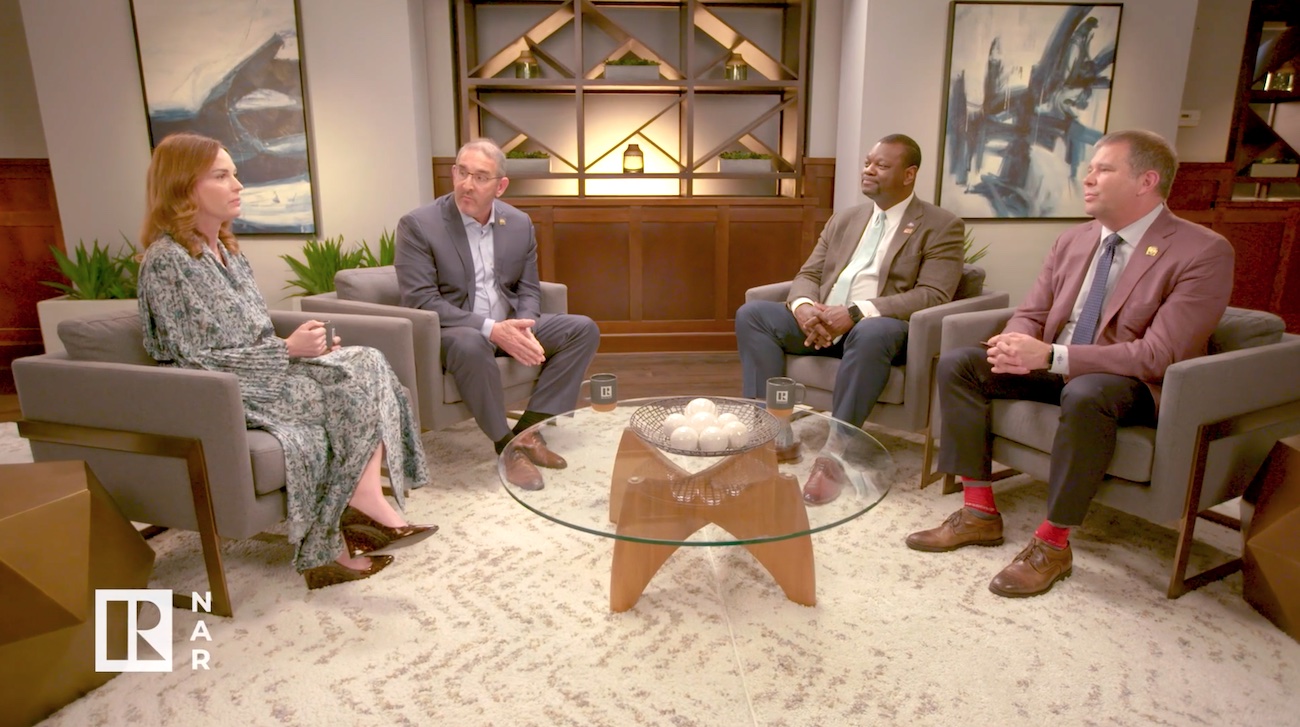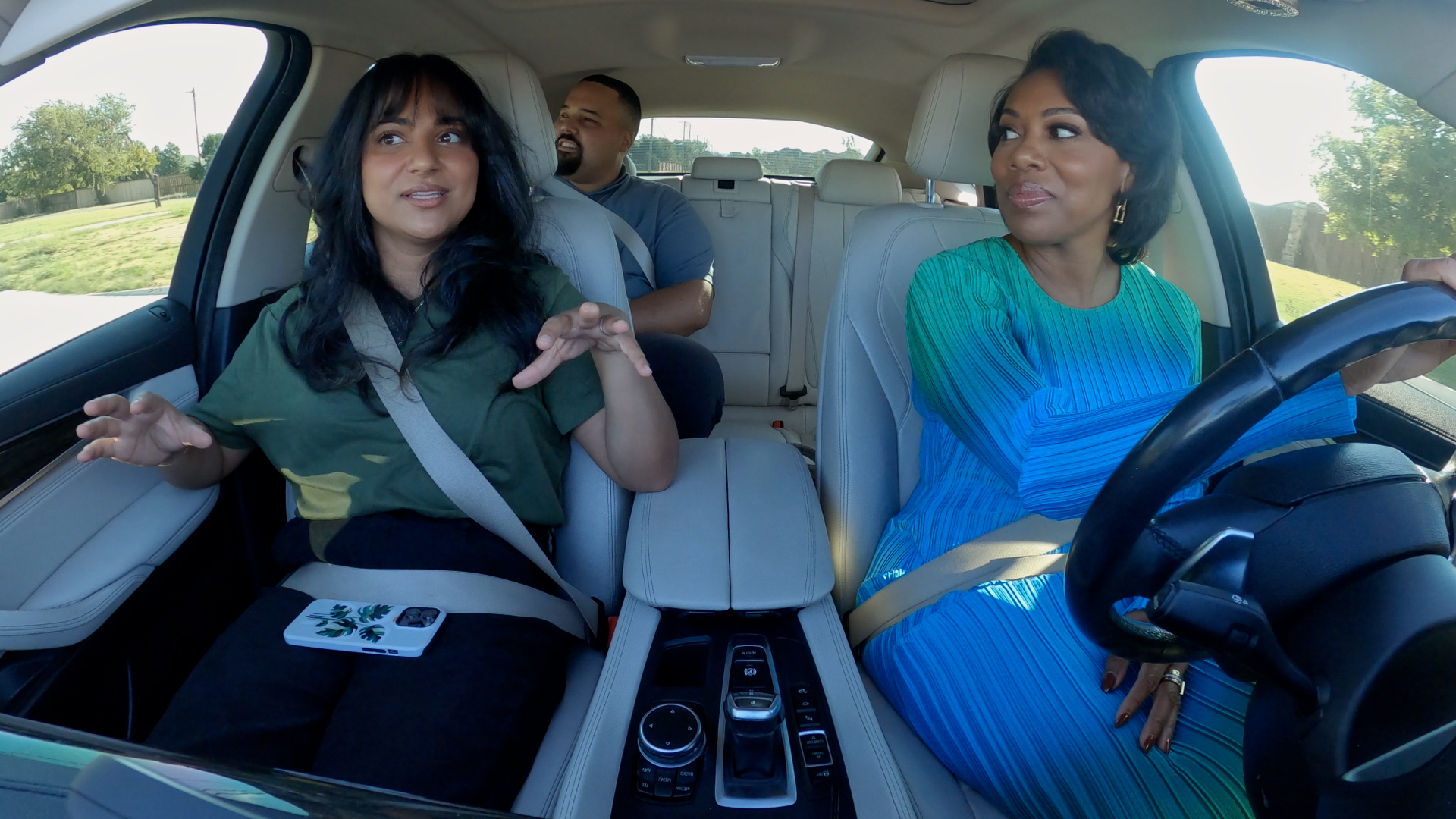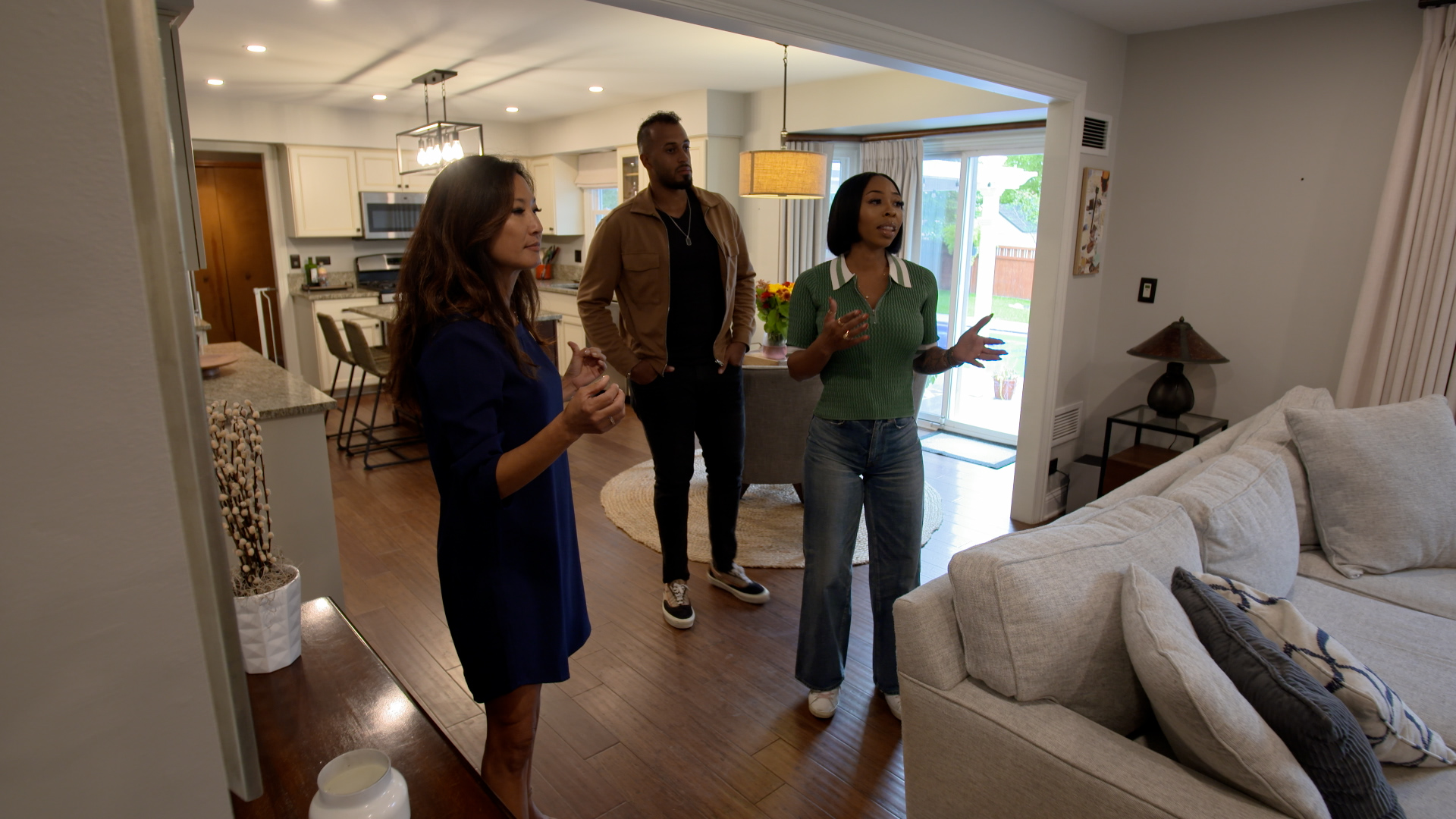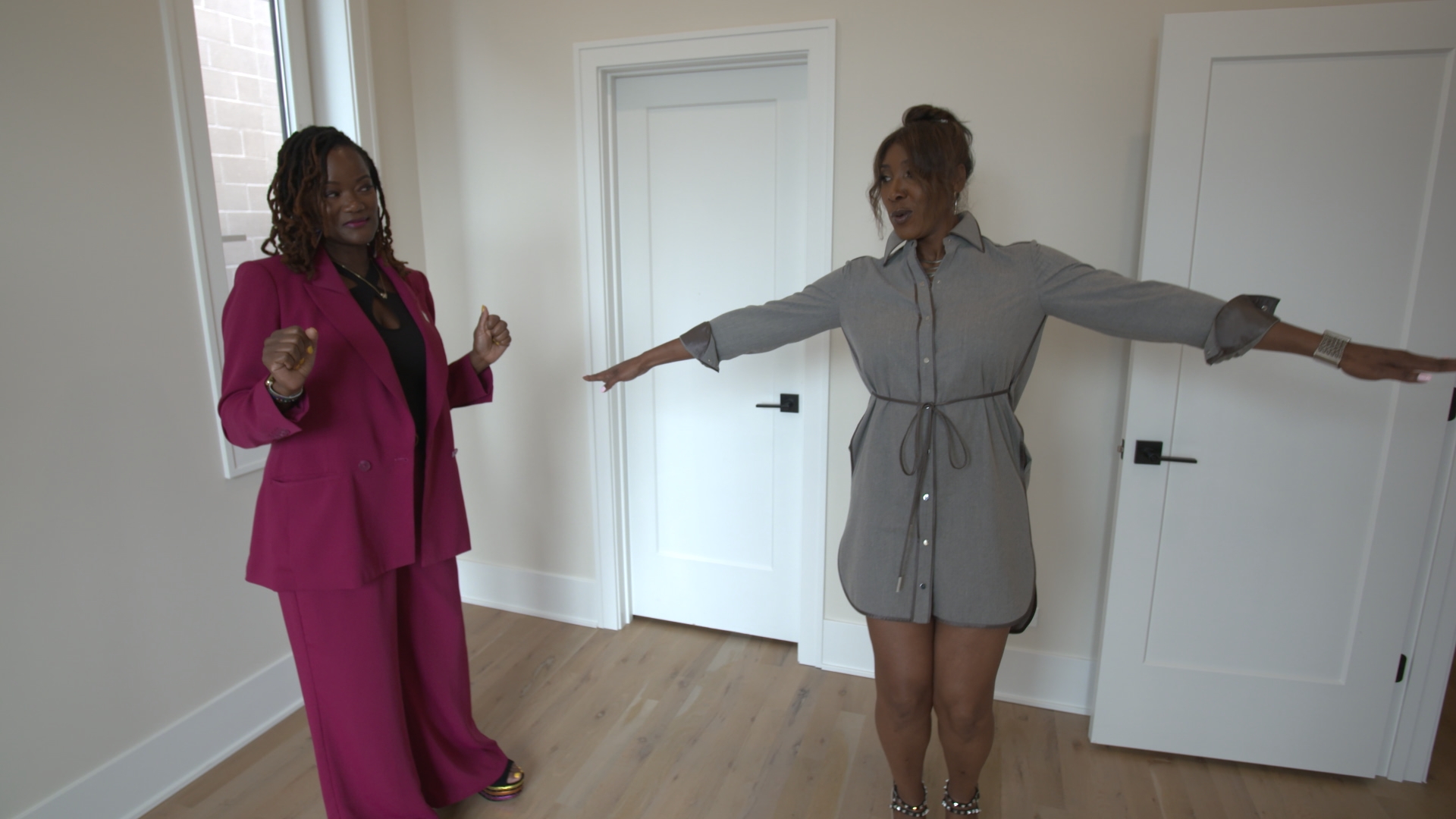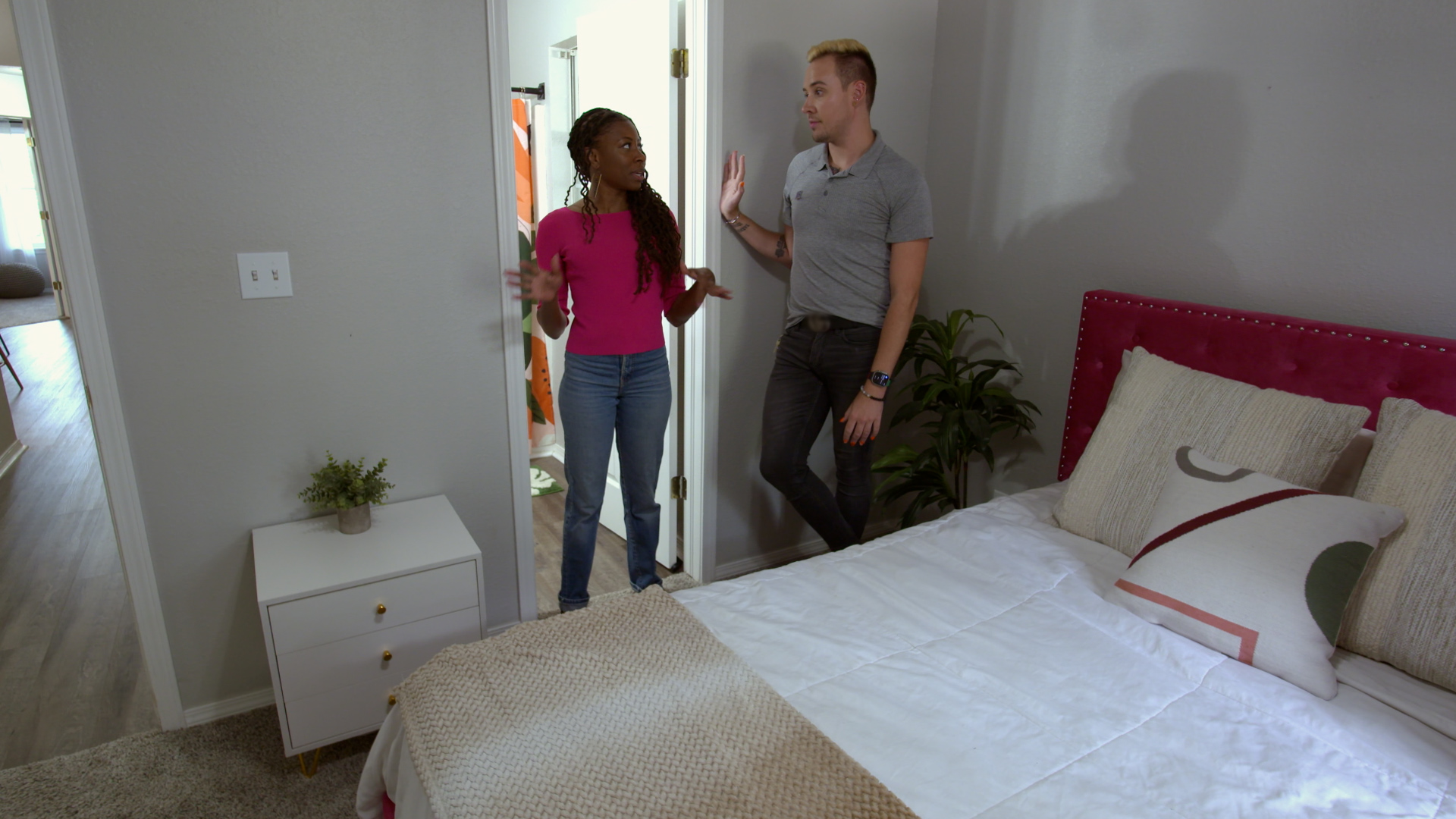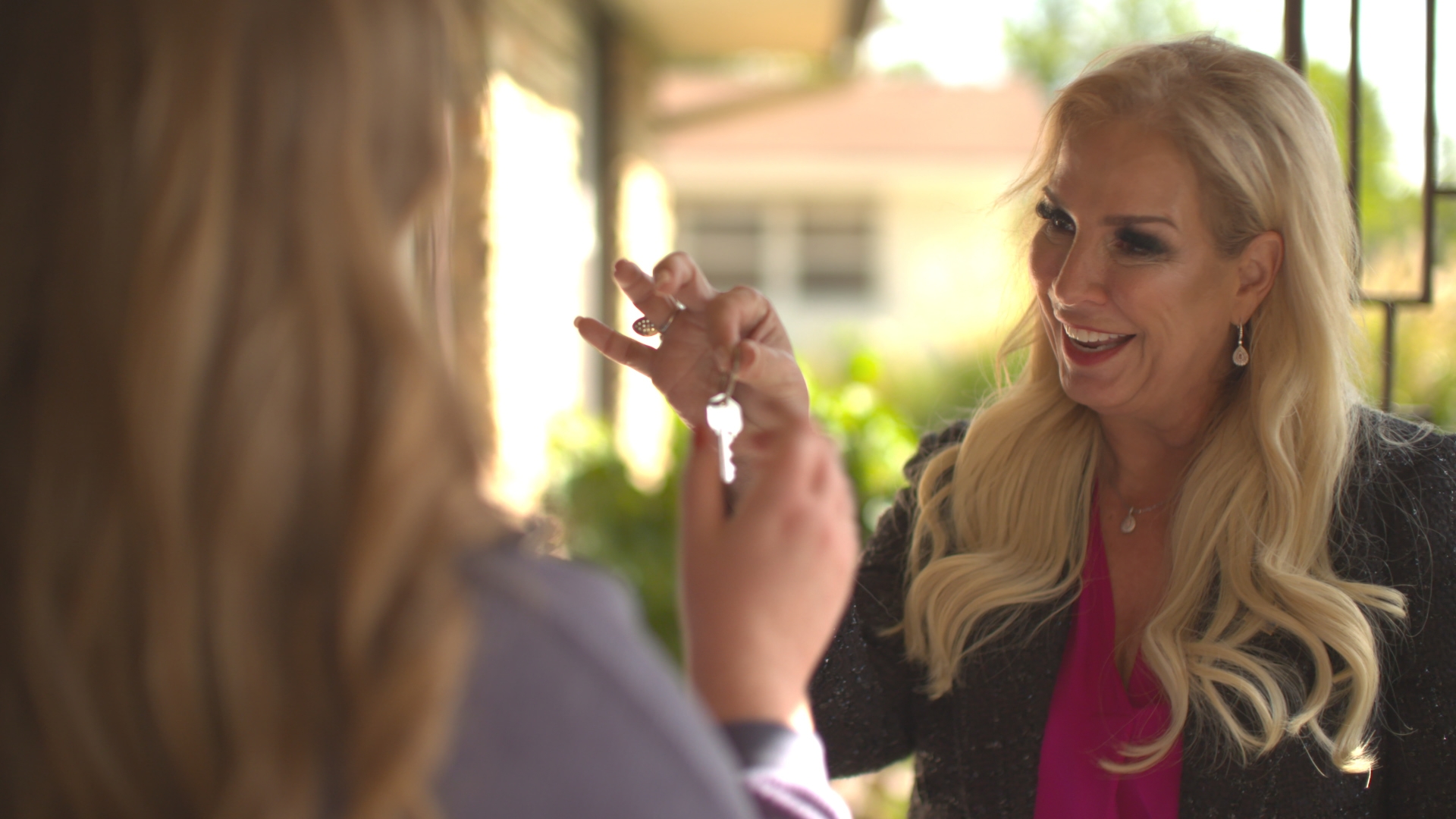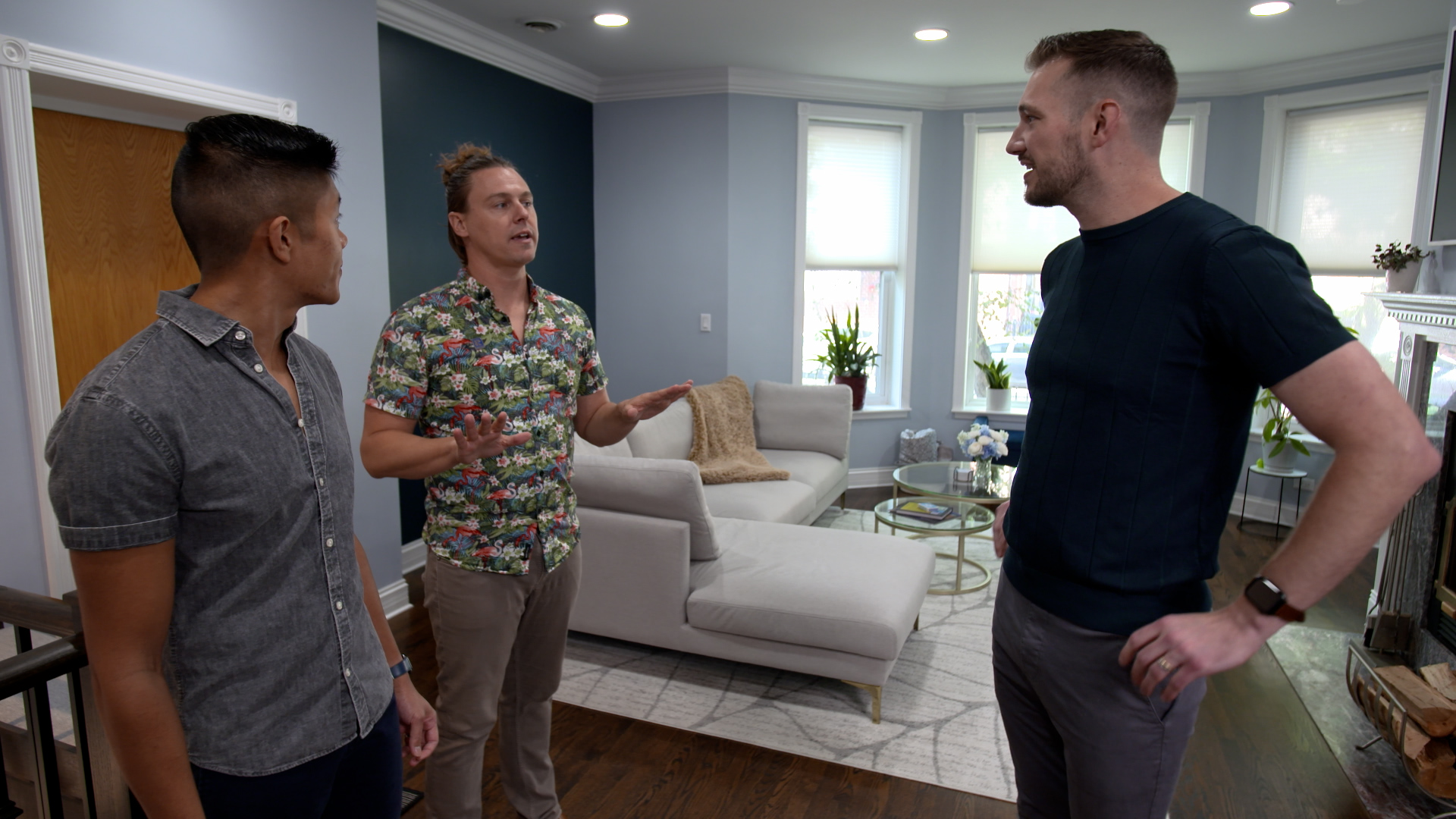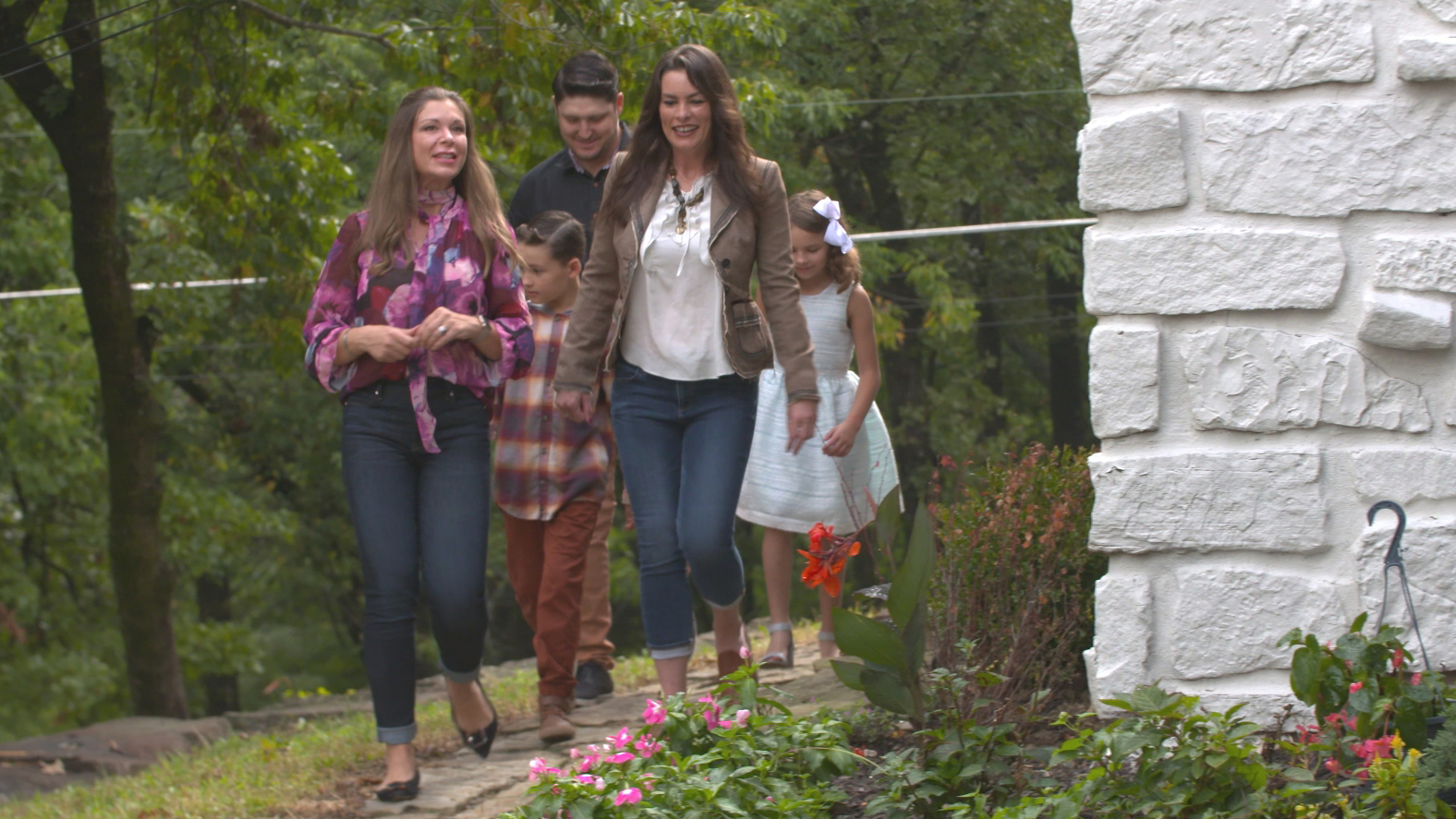Window to the Law: Copyright Issues for Real Estate Professionals - Transcript
It can be really tempting to use that perfect photo that you found online in your business marketing materials, but before doing so, ask yourself: Do you have permission from the owner to use that image? If not, you could be held liable for copyright infringement, which occurs when copyrighted content is used without the owner’s permission.
A copyright owner owns the rights to reproduce, distribute copies, perform, display and prepare derivative works of the copyrighted work. Using a copyrighted work without permission is an infringement and could result in liability. A court could award injunctive relief, damages, attorneys’ fees and order destruction of the infringing materials. If the infringement occurs after the owner registers the copyright with the U.S. Copyright Office, then the owner may be entitled to statutory damages, which can be as high as $150,000 per work for willful infringement.
Some risk management strategies to avoid claims of copyright infringement include:
- Don’t use a third-party work in your business materials unless you obtain permission from the copyright owner. The owner may not be immediately apparent, so budget time to conduct any necessary research and to communicate with the owner about permission. If you cannot determine who the owner is, don’t use the work.
- If you do receive permission to use a copyrighted work, memorialize that permission in a license agreement that describes the scope of your permitted use, including the length of time you may use the work, the mediums in which you may use the work, and any geographic restrictions on your use. Keep in mind that your use of the third-party work must comply with the terms of your license. Use that falls outside the scope of the license constitutes copyright infringement.
For listing photos, be sure to use an agreement with the photographer. NAR created sample photo agreements for members, which are available on nar.realtor.
- Save copies of your license agreements. If your use of a third-party work is ever challenged as unauthorized, you will be able to prove that you had permission to use the work.
- When using music, make sure you have the appropriate license. To play music at an event, either pre-recorded or through a live band, you need a performing rights license. To incorporate music into a video, you need a synchronization license and a master recording license. Keep in mind that there are online companies that offer stock music along with the synchronization and master recording licenses needed to incorporate a song into a video.
Thanks for watching this episode of Window to the Law.













